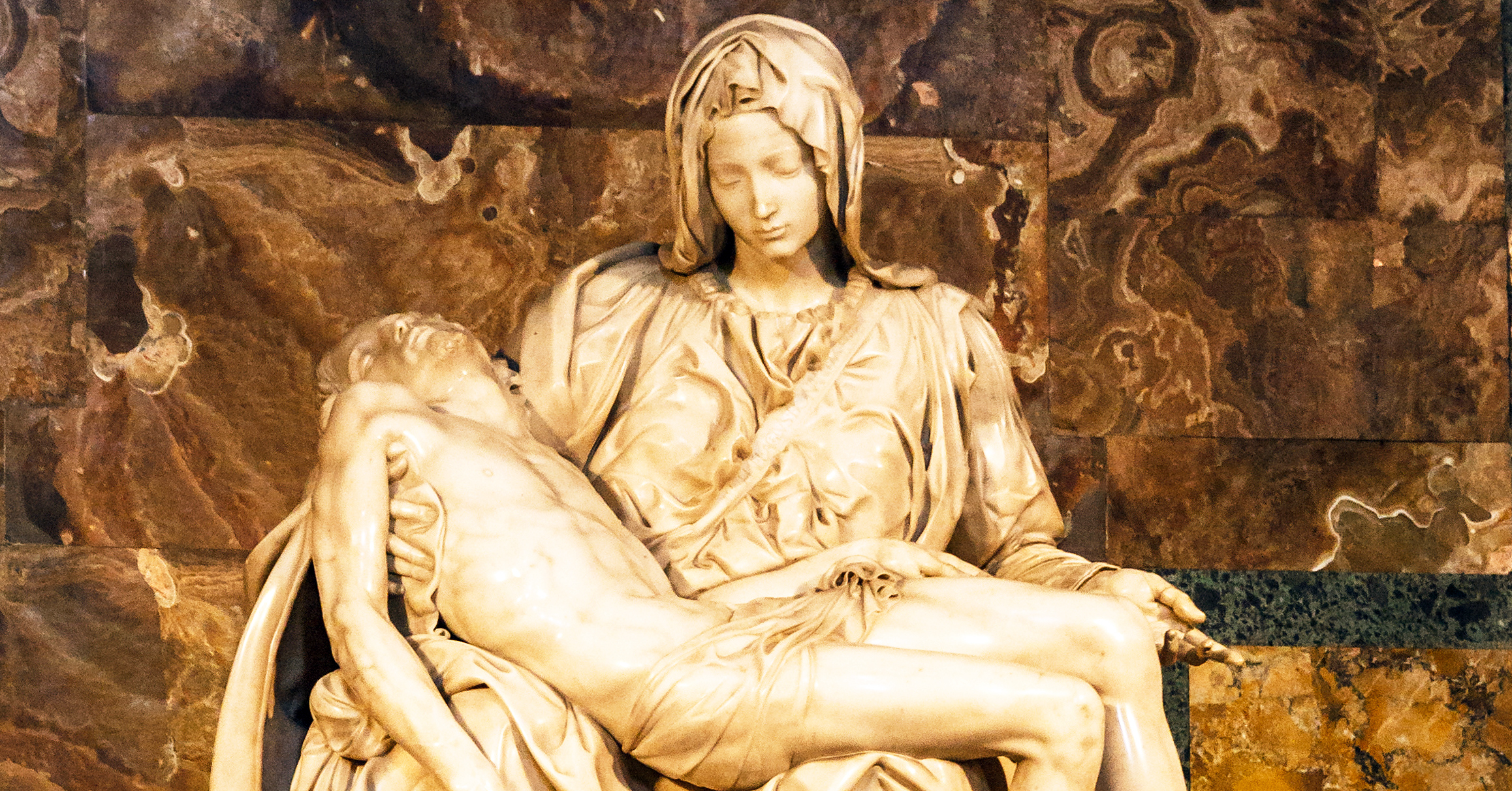
24 Apr April 2023 Reflection – Michael McFarland SJ
Our Lenten retreat this year was based on the Third Week of the Spiritual Exercises of St. Ignatius, with the theme of “Deepening Our Friendship with Christ.” The Third Week focuses on the passion and death of Christ as an expression of God’s boundless sacrificial love for all of us. As the presenters pointed out, Christ not only suffered for us, he suffered with us. He took on himself our pain, our disappointment, our sense of abandonment, even our failures and infidelities. He did so with the deepest sense of friendship, compassion and intimacy, even toward those who would betray him, including not only Peter, but even Judas. At the worst moment, when Judas turned him over to his executioners, with a kiss no less, Jesus called him “friend” and expressed profound sadness, not for himself, but for the one who had descended into such a miserable state.
The purpose of the Third Week, as conceived by St. Ignatius, was not to gain theological, spiritual or psychological insight, nor even to make resolutions about conversion or greater service. Rather it was simply to be with Jesus at his Last Supper, in the garden, through his arrest, condemnation, abuse and torture, to walk with him as he carries his cross to Calvary, to stand at the foot of the cross with his mother, the other women and the Beloved Disciple, and to mourn him as his mother takes his broken body into her arms and his disciples reverently lay him in the tomb. We are invited to share in his sufferings as he shares in ours, out of friendship and compassion. It is only then that we can come to know fully the joy and triumph of his resurrection. That is why the presenters all emphasized accompaniment and laid out in vivid detail the experience of Jesus and his disciples and their feelings as they faced those dark days. They wanted us to experience in our imaginations what was happening and to be moved by what we saw.
The retreat, like the Spiritual Exercises in general and the Third Week in particular, was meant to appeal to the heart, not just the head. It is about deepening our friendship with Jesus, falling in love with him, with the knowledge that he is “madly in love” with us, to quote one of the presenters. That deeply felt sense of closeness to Jesus as a real human person who gave himself totally to us is what moves us to our own commitment to him and his call, which is lived out in loving service to others in his name.
That dynamic that brings together the intellectual and the emotional naturally emerged in the retreat because it is central to all the work of the Gregorian. The students learn theology, canon law, Scripture and other subjects. They analyze texts, assimilate facts and come to understand the underlying concepts, as in any academic setting. But it is far more than an objective, intellectual exercise. It is meant to touch and nourish the deepest core of their faith and bring them into contact with the reality of the Living God, both to strengthen their own commitment and to share it with others. We hear all the time from graduates about the profound faith formation they received from their classes and their other interactions with the faculty. For example, as one graduate of the Biblical Institute said at a recent event, his studies there made him a better homilist, and, now that he is teaching in a seminary, he can use it to make his students better homilists. But most important, it brought him closer to Christ. That is one reason why the Gregorian and its related institutes have such a powerful impact as producers of saints, pastors, teachers, formators and others who bring Christ into the Church and the world.
Michael C McFarland, SJ
President, Gregorian University Foundation



